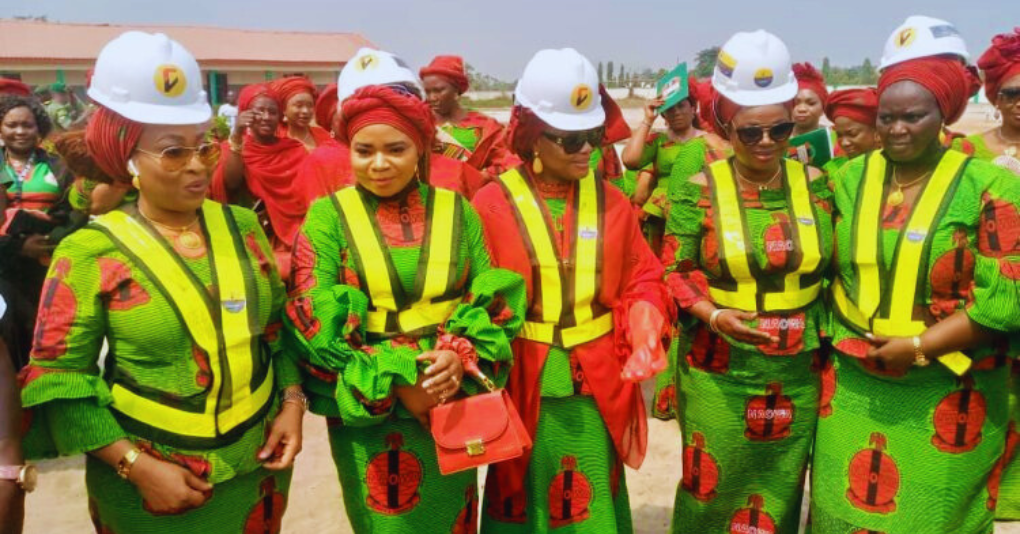The Non-Academic Staff Union of Universities and Associated Institutions (NASU) has lamented the non-completion of the headquarters of the National Library of Nigeria in Abuja.
The project, which began in 2006, involves an 11-story concrete structure and amenities like a bookstore, clinic and restaurants. The Examination Bodies and Libraries Trade Group Council of NASU said this at its regular Trade Group Council meeting, which was held in Ibadan, Oyo state, recently.
In a communiqué signed by the Deputy President/Chairman of the council, Sunday Obabunmi, and Senior Assistant General Secretary of NASU, who is also the secretary of the council, ‘Damola Adelekun, the Trade Group Council expressed worries that after decades of establishment of the National Library of Nigeria, it still operates from a rented apartment and a quit notice has been served the library.
It stated that the Council is aware that TETFund has been saddled with the responsibility of completing the edifice and expressed concern that nothing substantial has been done on the construction of the building.
Indeed, the Federal Executive Council (FEC) approved N32.4 billion for its completion. The current administration said it is committed to finalising the project, with plans to commence phase one, including the completion of basement levels, ground floor, second floor and external works by June 2025.
But June has since come and gone with no notable work done on the building so far. The council called on the Federal Government to hasten the completion of the project.
It also faulted the non-functionality of boards in state libraries, describing the action as perpetuation of illegality. It noted that the responsibility of a functional board for libraries is to liaise with governments in providing library services, facilities and improved working conditions in the libraries as contained in the laws establishing the State Library Boards.
The council said it reflected on the impact of good library services on the education of Nigerian children and considered the cost of maintaining a functional board as a long-term investment in the country’s manpower development.
It urged state governments to restore the lost glory of the state library boards by constituting functional boards to oversee the running of the libraries as provided for in the laws establishing them.
NASU insisted that libraries that are up-to-date and functional are critical in national development. It added that libraries promote education and eliminate illiteracy among the people by providing research tools, social and political information to people.
Share this post





Be the first to comment on this post